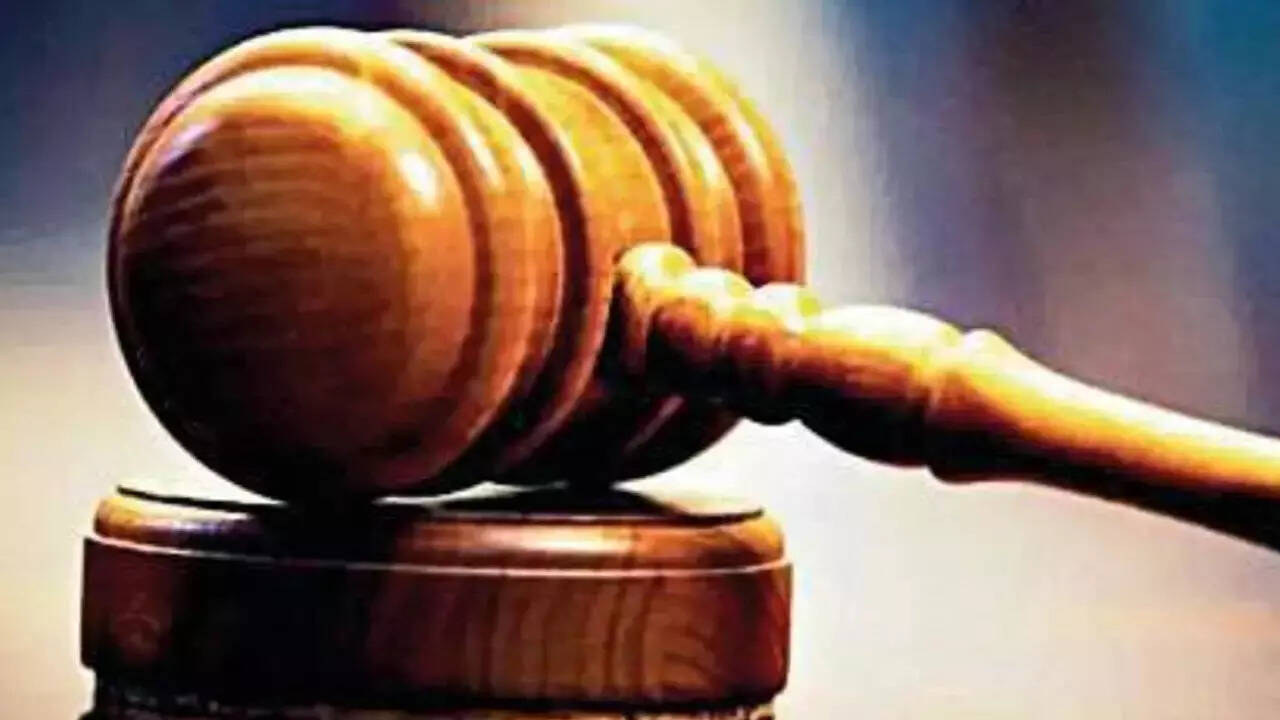Rajasthan
Forcing anyone to face trial sans evidence violation of rights: HC | Jaipur News
JAIPUR: Rajasthan High Court has said forcing a person to go through the rigours of trial without there being any prima facie evidence amounts to a violation of fundamental rights. The court made the observation in a bribery case.
The court said, “If the charges are framed without there being even a scruple of the ingredients or circumstances required to constitute an offence under the Sections alleged against the accused, then the accused is made to face the rigours of the trial which may prove to be deleterious to him as he may finally be acquitted of the charges so framed against him.”
Justice Farjand Ali of high court principal bench at Jodhpur made the observations in a judgment on a revision petition challenging the framing of charges against an accused Jitendra Singh in a case under Sections 13(1)(d) and 13(2) of the Prevention of Corruption(PC) Act read with Section 120-B of the IPC.
According to the prosecution case, when the complainant went to the house of one Rakesh Sharma to deliver the illegal gratification as demanded, Sharma specifically asked his servant to accompany the complainant to a grocery shop and deliver the amount to one Mahendra Singh.
The petitioner’s counsel said framing charges against the petitioner under Section 120B of IPC, on mere acceptance of an amount at the instructions of another individual and recovery of the same, does not prove conspiracy. The counsel submitted that merely alleging conspiracy without any evidence would not relieve the prosecution from its liability to produce sufficient material o justify a trial under Section 120B of IPC.
Taking note of the fact that the petitioner is not a public servant, the bench observed that there was no evidence to suggest that he could be accused of committing an offence under Section 13(1)(d) of the Prevention of Corruption Act.
“Mere recovery of tainted currency is not sufficient to convict the accused when substantive evidence in the case is not reliable,” the bench said.
The bench observed that “sufficient material was not there on record on the basis of which the accused can be put to trial. Thus, the impugned order passed by the Special Judge (Prevention of Corruption Act), Ajmer was quashed and set aside.”
The court said, “If the charges are framed without there being even a scruple of the ingredients or circumstances required to constitute an offence under the Sections alleged against the accused, then the accused is made to face the rigours of the trial which may prove to be deleterious to him as he may finally be acquitted of the charges so framed against him.”
Justice Farjand Ali of high court principal bench at Jodhpur made the observations in a judgment on a revision petition challenging the framing of charges against an accused Jitendra Singh in a case under Sections 13(1)(d) and 13(2) of the Prevention of Corruption(PC) Act read with Section 120-B of the IPC.
According to the prosecution case, when the complainant went to the house of one Rakesh Sharma to deliver the illegal gratification as demanded, Sharma specifically asked his servant to accompany the complainant to a grocery shop and deliver the amount to one Mahendra Singh.
The petitioner’s counsel said framing charges against the petitioner under Section 120B of IPC, on mere acceptance of an amount at the instructions of another individual and recovery of the same, does not prove conspiracy. The counsel submitted that merely alleging conspiracy without any evidence would not relieve the prosecution from its liability to produce sufficient material o justify a trial under Section 120B of IPC.
Taking note of the fact that the petitioner is not a public servant, the bench observed that there was no evidence to suggest that he could be accused of committing an offence under Section 13(1)(d) of the Prevention of Corruption Act.
“Mere recovery of tainted currency is not sufficient to convict the accused when substantive evidence in the case is not reliable,” the bench said.
The bench observed that “sufficient material was not there on record on the basis of which the accused can be put to trial. Thus, the impugned order passed by the Special Judge (Prevention of Corruption Act), Ajmer was quashed and set aside.”





